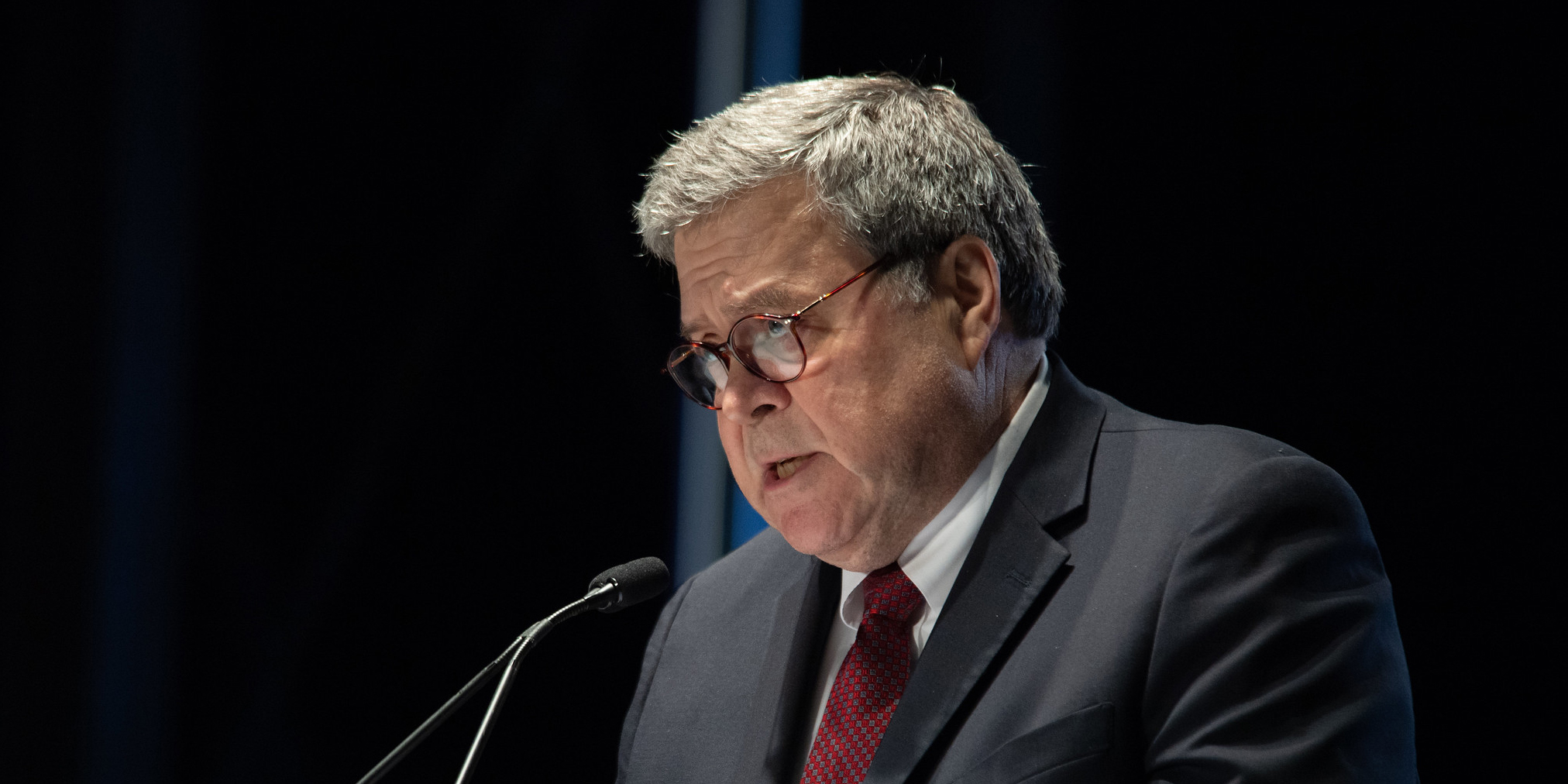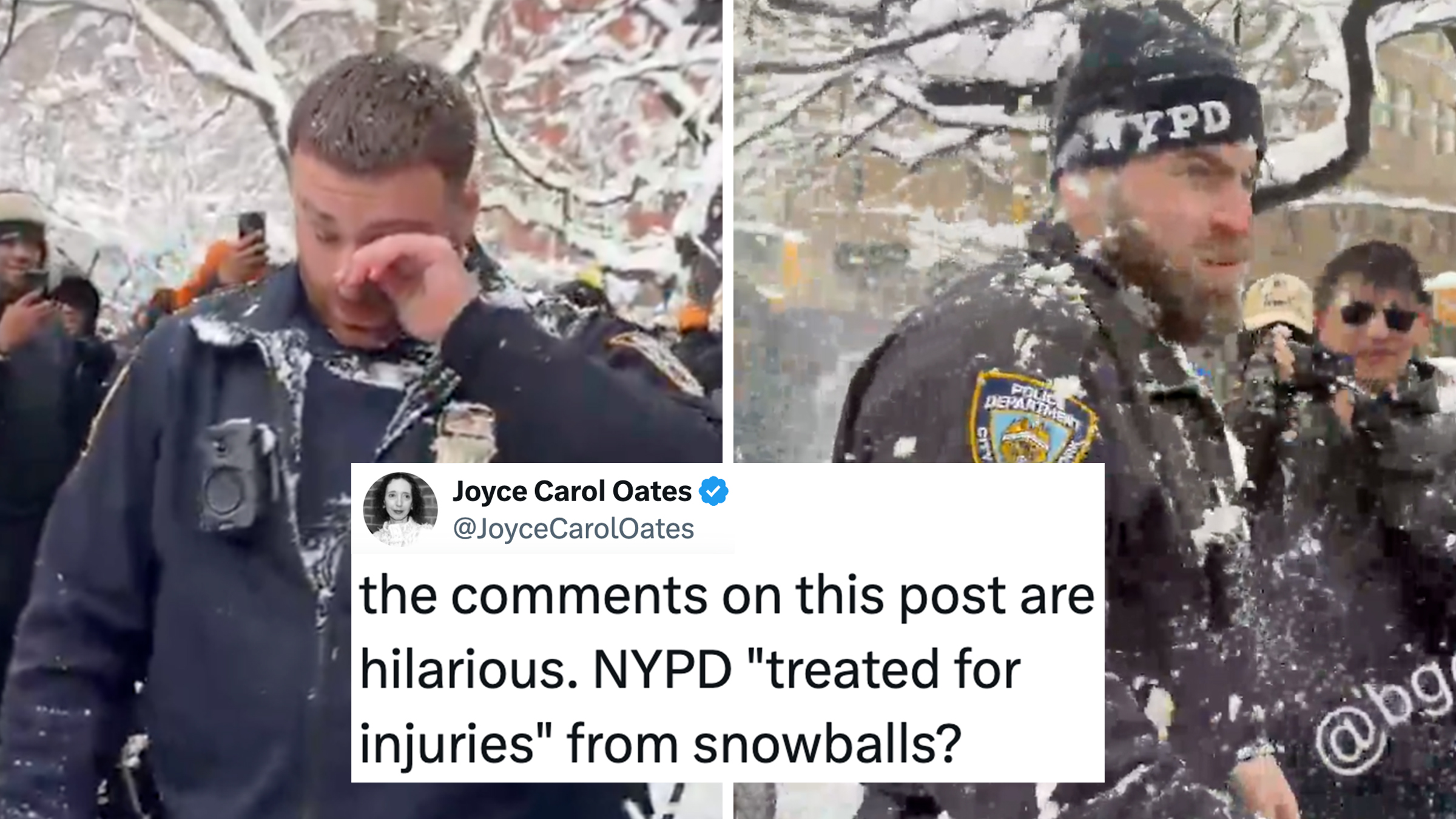The Department of Justice (DOJ) unveiled a proposal to make changes to Section 230 of the Communications Decency Act, an important internet law, and it is already facing pushback.
The DOJ sent draft legislation to Congress that would reform Section 230 on Wednesday. Specifically, the proposal targets a few key portions of the law. As Barr said in a letter to Vice President Mike Pence, it seeks to narrow the scope of immunity that websites have and “ensure that platforms cannot hide behind the shield of Section 230 to censor lawful speech in bad faith and inconsistent with their own terms of service.” It would also make platforms adhere strictly to terms of service they publish and must moderate in a way that is “consistent with” those terms. Companies already must adhere to terms of service. The changes would remove “otherwise objectionable” from the law that governs platforms taking down bad content in “good faith.”
Section 230 acts as a liability shield for websites over what content is posted on them by their users. The section has been called "the 26 words that created the internet" and "one of the most valuable tools for protecting freedom of expression and innovation on the internet."
Despite this, Section 230 has become a political football—with lawmakers on both sides of the aisle calling for changes to the law or even straight-up revoking it. Changes to Section 230 have been met with resistance from tech advocates and tech companies.
The proposal from the Justice Department comes on the heels of a controversial social media executive order signed by President Donald Trump that targets Section 230. Meanwhile, former Vice President Joe Biden has also called for the law to be "revoked."
Trump signed the executive order shortly after Twitter placed fact-checking labels on his tweets about mail-in ballots. The executive order is facing several legal challenges.
The DOJ's proposal mirrors Trump's executive order in that it focuses on the belief that social media companies have a bias against conservatives. As such, the proposal seeks to "promote transparency and open discourse." It also seeks to incentivize platforms to "address the growing amount of illicit content online."
Attorney General William Barr has sought changes to Section 230 for a long time. In December last year, he said that "valid questions have been raised on whether Section 230’s broad immunity is still necessary."
It was also unveiled the same day that Trump met with state attorneys general to discuss Section 230 and social media companies.
If Congress takes up the DOJ's proposal—which seems highly unlikely given the calendar before the election—it would become just the latest in a number of bills that seek to change Section 230.
But, much like other attempts to change the law, it is being met with immediate backlash.
Sen. Ron Wyden (D-Ore.) one of the original authors of Section 230, told the Daily Dot in a statement that the DOJ was "continuing to act as an arm of the Trump campaign" and "trying to work the refs ahead of the election."
"This proposal is a warmed-over mishmash of existing Republican proposals to force private companies to host lies, misinformation, hate speech and other slime online," the senator said.
Tech advocacy groups also criticized the DOJ's proposal.
"Like the executive order it mimics, the draft legislation from the Department of Justice is a naked attempt to silence anyone who attempts to correct or criticize Trump, his allies, and fellow travelers," Gaurav Laroia, the senior policy counsel at Free Press Action, said in a statement. "Any legislation modeled after this draft would limit the ability of websites and platforms to set their own standards for their online communities. It would incentivize platforms to host content created by racists, sexists, propagandists and trolls. This legislation would also open the door to those who want to drown the internet in an ocean of disinformation and toxicity."
Meanwhile, Rep. Frank Pallone (D-N.J.), the chairman of the House Energy and Commerce Committee, called the legislation a "mess." However, the lawmaker hinted that some changes might be on the horizon.
"Protecting Trump’s ability to lie to the public has been a hallmark of his presidency. We’ve seen it when he threatened broadcast stations, cable channels, reporters and now social media," Pallone said in a statement. "Luckily, it is the job of Congress, not the President, to rewrite legislation. Undoubtedly, Section 230 reform is needed and important, but it should promote democracy and the public good—not further division and confusion."






